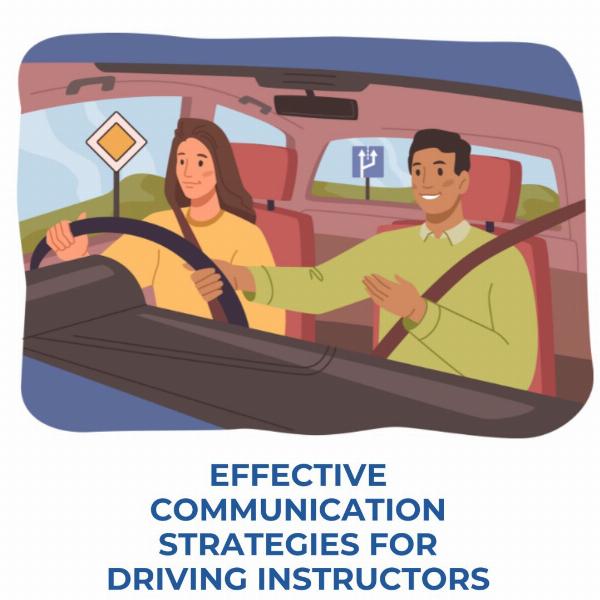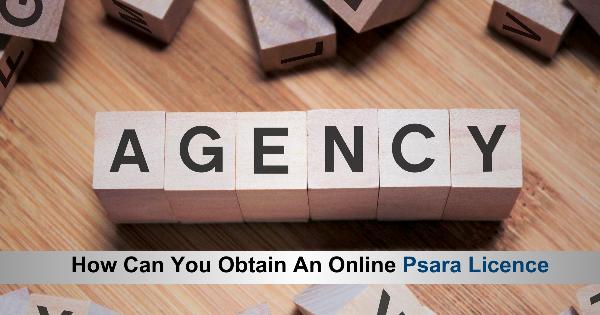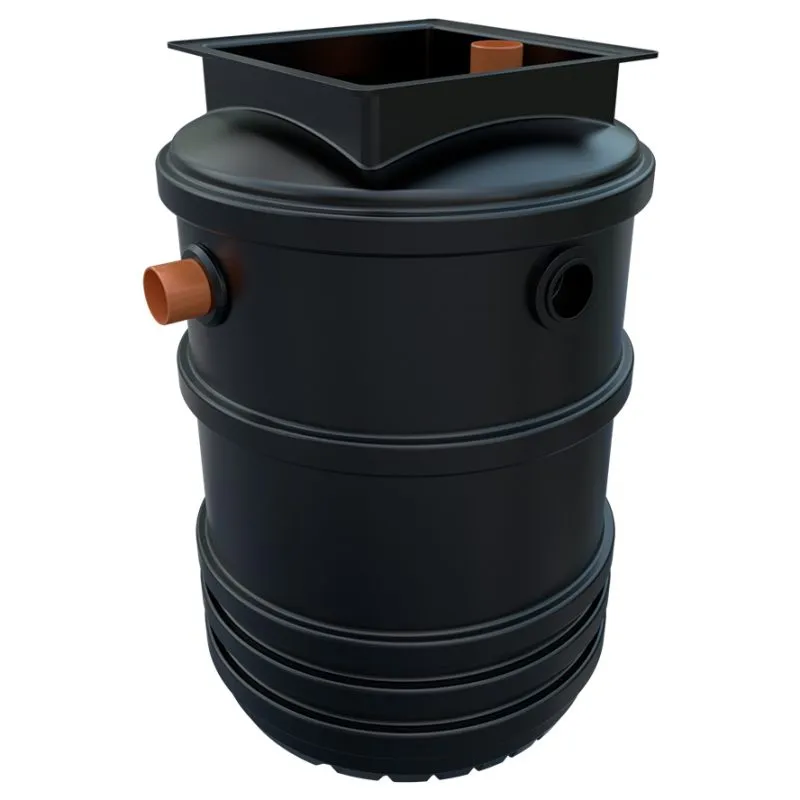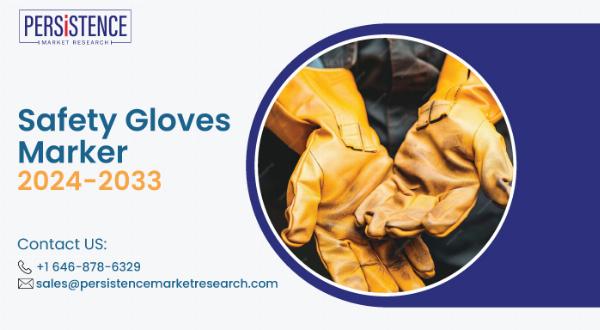Military veteran shares the top small business resources for former service members
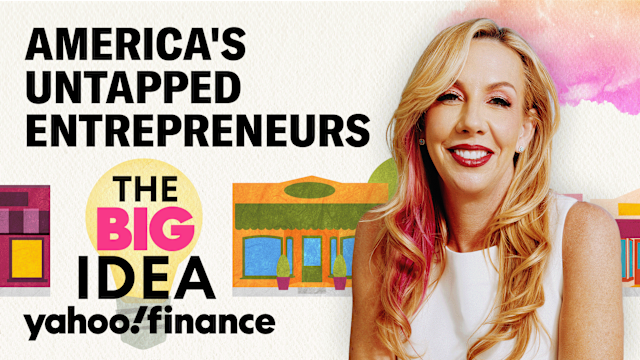
Listen and subscribe to The Big Idea on Apple Podcasts, Spotify, or wherever you find your favorite podcasts.
Getting any business off the ground is difficult work. But veterans have access to resources that can provide an additional boost and leverage their military experience.
Veteran and former Congressman Patrick Murphy shared on the Big Idea podcast some of those resources he frequently recommends to veterans trying to get their entrepreneurial dreams off the ground.
“I'm a big believer in Bunker Labs,” Murphy said, talking about the nonprofit that's a part of Syracuse University’s D’Aniello Institute for Veterans and Military Families, which supports military veterans and their spouses in becoming entrepreneurs.
Bunker Labs offers educational programs that help veterans and military spouses develop business plans and the skills and connections they need to launch their businesses.
“For over 30 cities across America, they help veterans get a business plan,” explained Murphy, who also co-hosts Yahoo Finance's Warrior Money podcast. “Because it's not just about, ‘Hey, I have an idea. I want to start a business.’ It's ... How are you going to get customers? What's your business plan? What's your return on investment?”
Once an idea is formed and an action plan is made, funding is the next crucial step. Murphy recommended searching for business grants on online platforms such as Hello Alice, which was founded by Big Idea host Elizabeth Gore. He likened the services to a Pathfinder in the Army who can guide entrepreneurs along tried-and-true paths.
Murphy also encouraged veterans to explore how the post-9/11 GI Bill can help fund entrepreneurship training.
He emphasized that 49% of veterans from World War II went on to start small businesses, including Walmart (WMT) founder Sam Walton. Today, only 5.6% of veterans pursue the same goal.
“We’ve got to prime the pump there to get [veterans] to have that confidence to go do great things and maybe even start their own small business,” he said.
Another tip that Gore highlighted is for veterans to register their company with the US Small Business Administration as a veteran-owned or service-disabled veteran-owned small business. Those who qualify can take advantage of the government's supplier diversity initiatives for securing contracts and other opportunities.
Ultimately, Murphy recommended that veterans find a business model that allows them to continue to pursue the “purpose-driven” motivations instilled in them by military service. For Murphy, that has been teaching at Wharton, where he helps others learn how to “leverage the opportunities [they’ve] earned,” and using his entrepreneurial skills to aid veterans in their transitions post-discharge.
Story continues“To me, the lightbulb moment was, I was betting on myself, ... and even though I was in my forties ... I was like, I could do this, and I could do it well,” Murphy said of his experience transitioning from public service to entrepreneurship. “And it hasn't been linear. You know, some of the companies are no longer with us. But that's part of the venture capital, and that's part of being an entrepreneur.”
Every Thursday, Elizabeth Gore discusses real-life stories and smart strategies for launching a small business on The Big Idea podcast. You can find more episodes on our video hub or watch on your preferred streaming service.
Sign up for the Mind Your Money newsletter
Click here for the latest personal finance news to help you with investing, paying off debt, buying a home, retirement, and more
Read the latest financial and business news from Yahoo Finance





